Open Science policy and Solar System data: contribution from Europlanet/VESPA
- 1LESIA / Observatoire de Paris, LESIA, Meudon, France (stephane.erard@obspm.fr)
- *A full list of authors appears at the end of the abstract
Although the apparition of the Open Science policy at European level in 2018 is expected to trigger a sharp increase in scientific activity, is it a challenge to the community. Most notably, data related to publications or produced during programmes funded on public money (such as H2020 / Horizon Europe, and national programmes) now need to be made accessible according to FAIR principles. Beyond easy availability of published articles, the principle of open access to the data, may result in an increase in spending that would mainly benefit private editors.
However, mature solutions to this problem exist in the academic world, which are not only economical and rewarding, but also accessible to small research teams. These solutions also have applications to citizen science and pro-amateur projects.
The Virtual Observatory. VESPA (Virtual European Solar and Planetary Access) has focused for 10 years on adapting Virtual Observatory (VO) techniques to handle Planetary Science data [1] [2]. The objective of this activity is to build a contributory data distribution system both to access and publish data with minimum fuss. This system is responsive to the new paradigm of Open Science and FAIR access to the data, and is optimized to publish data with limited resources. VESPA therefore relies on an infrastructure maintained by the astronomical community, and enlarges it to support Planetary Science by publishing additional standards, increasing compliance with other fields (Earth observation, heliophysics, space physics…), and adding new capacities to existing tools.
Data description and access. VESPA uses a standard access protocol called TAP, associated with a metadata vocabulary providing uniform description of datasets in the field (EPN-TAP). At the time of writing EPN-TAP is in the final stage of becoming a Recommendation of the International Virtual Observatory Alliance (IVOA) [3]. Many tools can search data services based on EPN-TAP, in particular the VESPA portal (http://vespa.obspm.fr), generic VO clients, and VO tools which also provide visualisation and processing functions (e.g. TOPCAT, Aladin, CASSIS for tabular data, images, and spectra). Specific access modes (via script, web services, Jupyter notebook, etc) are also available for advance usage. The VESPA portal is intended as a discovery tool that queries all EPN-TAP services together. It provides a convenient way to search archives described with the EPN-TAP metadata vocabulary, to cross-search many databases, and to send selected data products to generic, high-level visualization and processing tools maintained by the astronomy community.
Practical implementation relies on 60+ published data services from 20+ institutes, offering a variety of situations. The recommended method consists in the installation of a data server supporting EPN-TAP, which is available in a Docker container and can easily be deployed anywhere. This only requires permanent web connection and URL for the server, and it takes advantage of a global infrastructure supported by the community (registry of services and VO tools). Generic tutorials are available for easy implementation – in a typical situation, data ingestion only requires a CSV list of data products described by the EPN-TAP parameters, although existing databases can be used to build a data service.
Service publication is granted by simply declaring it in a common registry. The data themselves can be located anywhere, either locally or on public storage facilities such as Zenodo or B2SHARE (where VESPA communities have been declared).
Contributory science. VESPA already distributes archives from pro-amateur collaborations, in particular PVOL for planetary images, but also RadioJove for radio observations of Jupiter (NASA-supervised project). Such archives are very helpful to complement professional surveys by filling gaps at several time scales with observations from multiple locations.
A number of collaborative projects are discussed in the frame of Europlanet 2024 RI (NA2 activity), including: the telescopic network (test server already installed); fireball networks (individually or with a common data distribution facility); observations of comets.
Public availability and easy, structured access to the data obviously have potential applications to teaching and outreach.
Access to derived data and science results. Although observatories and space agencies have open archives, they are usually limited to raw or calibrated products, and do not include science-ready data published in articles. ESA’s Planetary Science Archive as an EPN-TAP interface, as well as several ground-based facilities. Existing repositories of derived data include the ESA Guest Storage Facility (hardly searchable currently) and VizieR catalogue of article tables relevant to Solar System studies (available as an EPN-TAP service).
Support. In the frame of the Europlanet 2024 RI programme at least, the VESPA team gladly provides support to users and potential data providers. This of course is intended to become a community infrastructure and to outlive the Europlanet programmes.
The Europlanet-2024 Research Infrastructure project has received funding from the European Union's Horizon 2020 research and innovation programme under grant agreements No 871149.
[1] Erard et al 2018, Planet. Space Sci. 150, 65-85. 10.1016/j.pss.2017.05.013. ArXiv 1705.09727
[2] Erard et al. 2020, Data Science Journal 19, 22. doi: 10.5334/dsj-2020-022.
[3] https://ivoa.net/documents/EPNTAP/
S. Erard (1), B. Cecconi (1), P. Le Sidaner (2), A. P. Rossi (3), L. Tomasik (4), H. Rothkaehl (4)
How to cite: Erard, S. and the VESPA team: Open Science policy and Solar System data: contribution from Europlanet/VESPA, Europlanet Science Congress 2022, Granada, Spain, 18–23 Sep 2022, EPSC2022-1116, https://doi.org/10.5194/epsc2022-1116, 2022.

